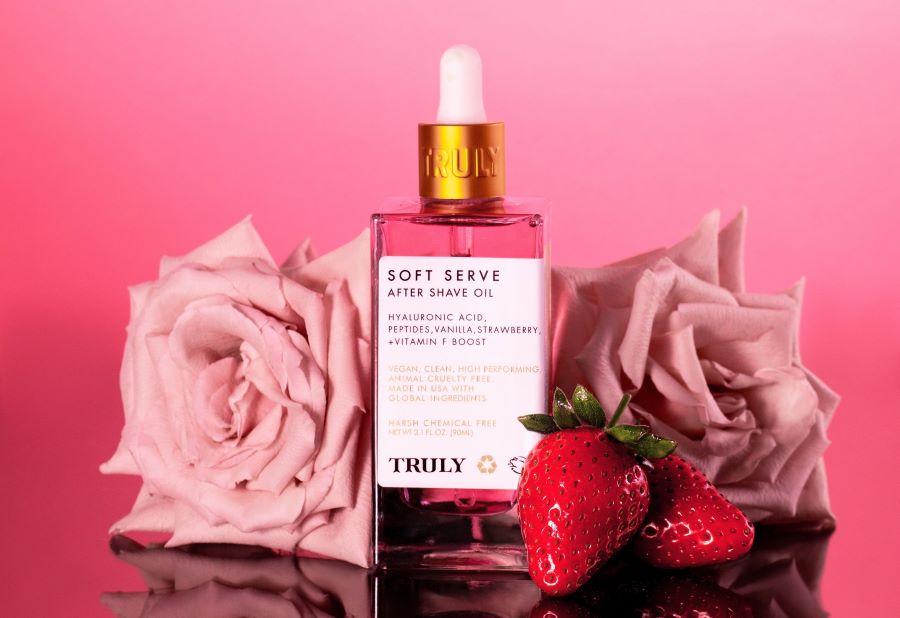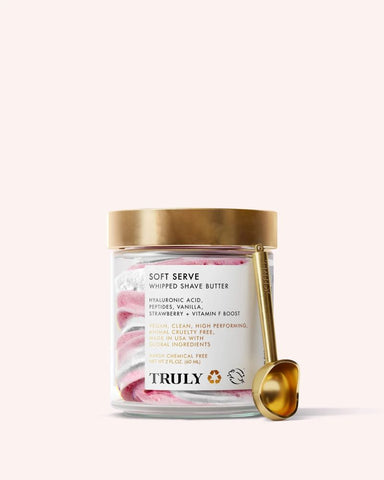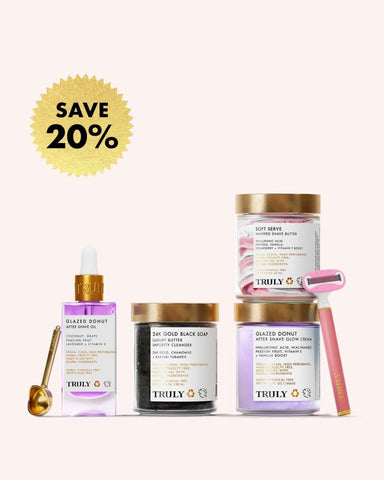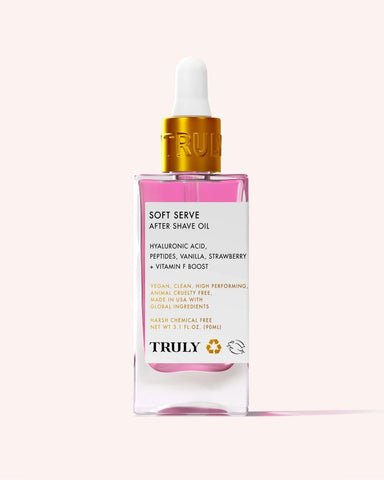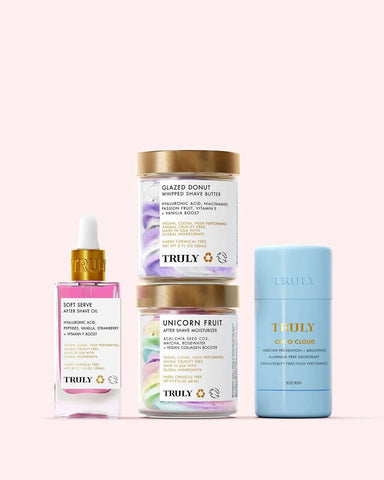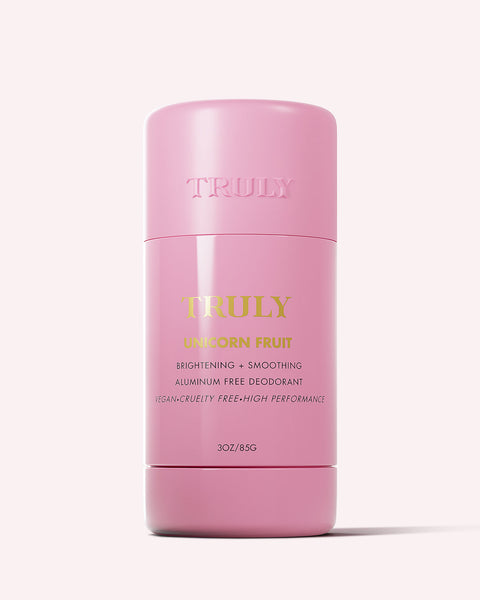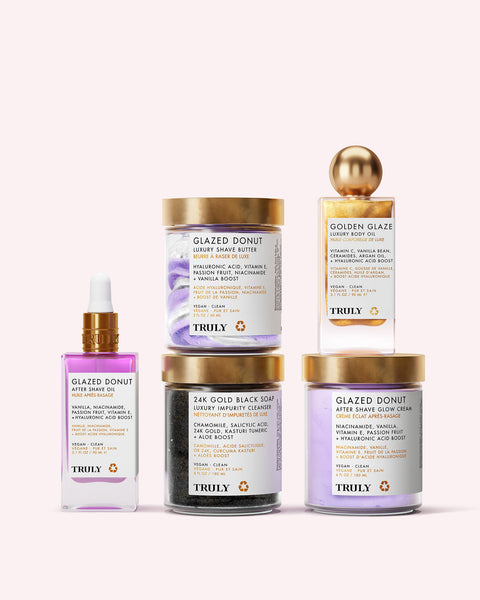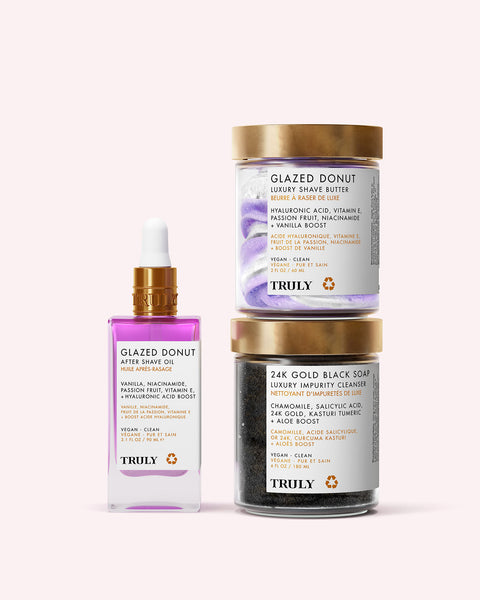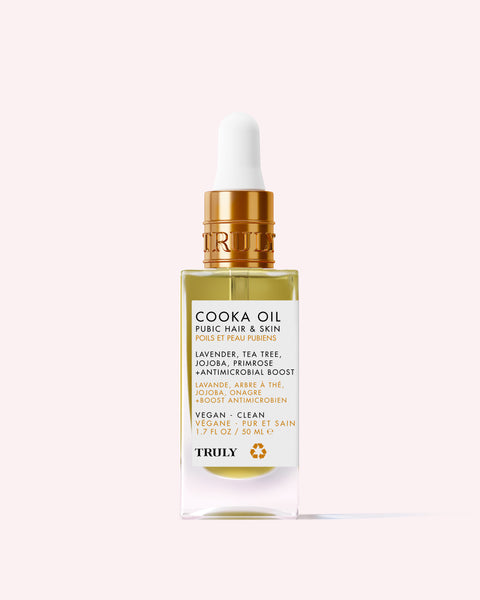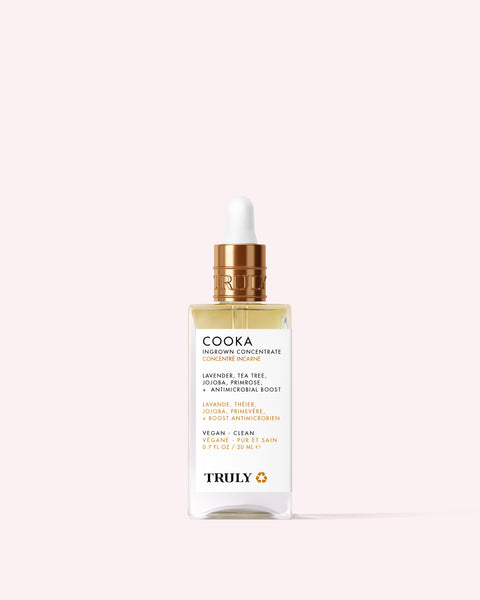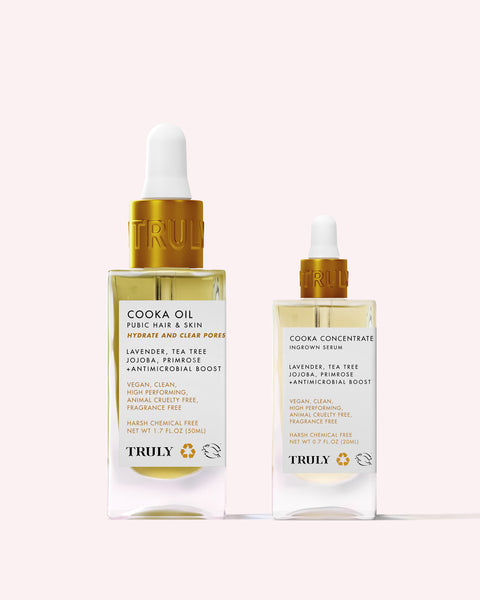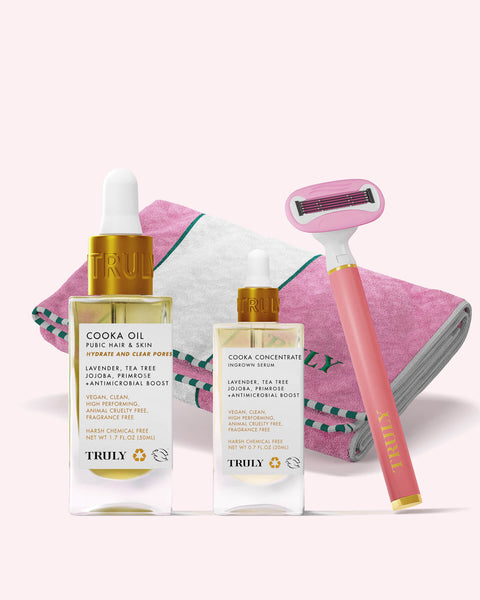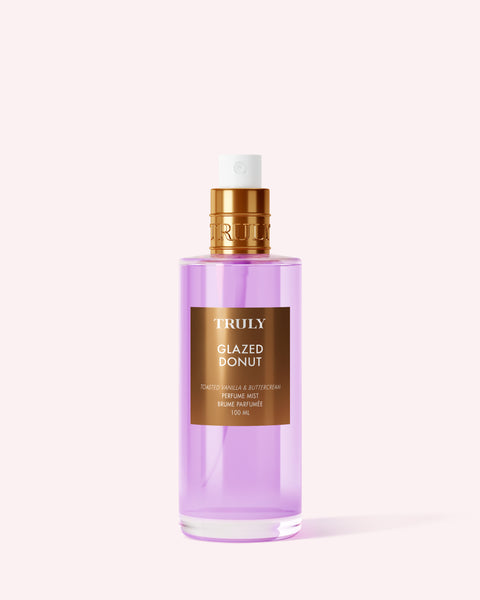What are the Best Peptides for Skin?

They’re known for their powerful anti-aging effects, but what are the best peptides for skin? Peptides are short chains of amino acids that, when used topically, can increase the production of collagen and elastin—proteins that plump and strengthen skin—to fade fine lines and improve skin’s firmness.
What peptides make you look younger? Do peptides really work for skin? We’re here to answer all your questions about peptides for skin. Read on to find out what peptides are, what they can do for your skin, and the best peptides to look for in skincare products.
What are Peptides?
Peptides, also known as polypeptides, are strings of amino acids that are found naturally within your skin. They work by penetrating the outer layer of the skin to encourage collagen production and increase skin’s elasticity.
There are five types of peptides for skin: Signal peptides, which boost collagen production and carrier peptides, which deliver copper and magnesium to the skin to combat photoaging. There are also enzyme-inhibitor peptides, which help to stop the body from losing collagen, and neurotransmitter-inhibiting peptides—found in injectables like Botox.
Benefits of Peptides for Skin
Peptides are found in many skincare products including serums, creams, and masks. According to research, peptides may help reduce inflammation, improve the appearance of fine lines and wrinkles, and even out skin tone. Here are the skincare benefits of peptides.
Anti-Aging
Peptides are known for combating signs of aging. They do this by increasing collagen production. Collagen is a vital structural protein and building block of the skin. By promoting collagen synthesis, peptides help improve skin texture, minimize wrinkles, and increase skin’s firmness.
Peptides also stimulate the production of elastin fibers, essential proteins responsible for the skin’s elasticity. As peptides encourage the formation of these fibers, the skin becomes more supple, resilient, and visibly firmer.
In a study published in 2020, researchers examined the effects of peptides on premature aging. After two weeks of topical use, peptides helped minimize the appearance of aging skin among the participants.
Skin Barrier Support
Peptides play a crucial role in strengthening the skin’s natural barrier. By promoting the synthesis of ceramides, lipids, and other essential components, peptides help enhance barrier function, preventing moisture loss and external aggressors from compromising the skin’s integrity. When the skin barrier is strong, the skin is better able to retain hydration and less susceptible to environmental stressors.
Possible UV Protection
Some evidence suggests that peptides can protect you from UV damage and pollution by supporting the skin barrier. Since UV exposure can cause fine lines and wrinkles, using peptides on the skin might help treat aging caused by UV damage.
Anti-Inflammatory
Different types of peptides boast anti-inflammatory properties that can help alleviate red, irritated skin. Some peptides are said to reduce redness and inflammation associated with skin conditions such as acne. For those with sensitive skin, peptides can be an excellent addition to your skincare routine to prevent flareups and promote strong, healthy skin.
Wound Healing
Peptides facilitate the skin’s regenerative processes, promoting faster healing of wounds and injuries. By accelerating skin cell turnover and collagen synthesis, peptides can repair and rejuvenate the skin. They can help heal wounds, cuts, and shave-related irritation like razor bumps and ingrown hairs.
What are the Best Peptides for Skin?
With so many different types of peptides, you’re probably wondering which one is best for your skin. Here are some of the best peptides for your skin.
Acetyl Tetrapeptide-11
Acetyl tetrapeptide-11 is a signal peptide made up of amino acids leucine, proline and tyrosine that stimulates the growth of keratinocytes. It is designed to address signs of aging by strengthening the connection between the dermis and outer layer of of skin by stimulating collagen and elastin while accelerating skin regeneration. It has also been proven to thicken thin skin, plumping out fine lines and wrinkles.
Acetyl Tetrapeptide-9
Acetyl Tetrapeptide-9 is a synthetic peptide composed of four amino acids: aspartic acid, glutamine, histidine, and valine. This molecule helps to strengthen the epidermis, restore skin’s natural support, and keep skin smooth and supple. It’s commonly found in creams and serums designed to firm the skin and improve the appearance of fine lines.
Acetyl tetrapeptide-9 has also been shown to reduce inflammation and fight against bacteria such as Staphylococcus aureus which can help soothe irritated, sensitive skin and potentially combat acne.
Acetyl Tetrapeptide-2
Acetyl Tetrapeptide-2 is a four amino acid peptide that mimics the youth hormone known as thymopoietin to fight against signs of aging. According to studies, it is able to stimulate elastin production, the protein responsible for maintaining skin’s firmness. By stimulating elastin production, this synthetic peptide can keep skin looking firm, smooth, and youthful.
Alongside its anti-aging properties, Acetyl Tetrapeptide-2 can brighten the skin, reduce the appearance of hyperpigmentation by inhibiting melanin production, and even out skin tone. It is also able to improve skin hydration by boosting the production of hyaluronic acid, keeping skin plump and hydrated.
Hydrolyzed Rice Protein
Hydrolyzed rice protein is a water soluble vegetable protein that is rich in amino acids, antioxidants, and peptide content. Studies indicate this ingredient can be beneficial for improving skin tone. As a conditioning agent, it is also known for improving skin’s hydration.
This peptide also possesses anti-inflammatory properties that can help ease symptoms associated with skin conditions such as dermatitis and psoriasis. As an anti-irritant with the ability to retain moisture in the skin, this protein is excellent to use when she skin feels dry, itchy, or scaly.
What are the best peptides for skin? We recommend looking for these skincare peptides above on the product labels. Give them a try and see how they impact your skin. Just so you know, it can take several weeks to see the full effects of a new skincare product or ingredient.
Best Peptide Skincare Products
Looking for the best peptide serum or cream? Here’s a roundup of our favorite peptide products.
Truly’s Soft Serve Whipped Shave Butter
SHOP NOW
Treat your skin to the smoothest, lushest shave ever. This peptide-powered swirl softens skin and hair to maximize razor glide for an easy, ingrown-free shave and super silky results. With a hydrating base of cocoa butter blended with hyaluronic acid, this formula goes above and beyond to drench your skin in hydration, leaving it smooth and supple.
It’s also packed full of strawberry, which is naturally rich in exfoliating AHAs to resurface skin, unclog pores, and prevent ingrowns while giving skin a gorgeous glow. With a delicious, indulgent strawberry sundae scent.
Key Ingredients: Hyaluronic Acid, Strawberry, Peptides (Acetyl Tetrapeptide-11, Acetyl Tetrapeptide-9, Acetyl Tetrapeptide-2) | Targets: Coarse Hair, Dry Skin, Razor Burn and Ingrowns
Truly’s Glazed Donut Shave Set
SHOP NOW
You’ll also find our peptide-powered shave butter in this supermodel shave set. It comes with an exfoliating cleanser to slough away dead cells for a smoother shave, a whipped shave butter to soften hair and enhance glide, plus an aftershave oil and cream to hydrate and soothe skin. Bonus: you also get a five-blade razor + gold scoop for a seamless, stylish shaving experience.
Key Ingredients: Hyaluronic Acid, Peptides, Niacinamide, Lavender | Targets: Coarse Hair, Razor Burn, Ingrown Hairs, Dry Skin
Truly's Soft Serve After Shave Oil
SHOP NOW
This healing after shave treatment combines hydrolyzed rice protein with hyaluronic acid and strawberry to prevent ingrowns after shaving. Packed full of anti-inflammatory and antioxidant properties, it's your best solution for easing razor burn, redness, and painful bumps.
Key Ingredients: Hyaluronic Acid, Peptides, Strawberry | Targets: Dry, itchy skin, Cuts and Nicks, Ingrown Hairs
Truly's Dreamiest Shave Set
SHOP NOW
You'll find the best peptides for skin in Truly's Dreamiest Shave Set. This is your best defense against razor burn and ingrowns. Get smooth, gleaming skin in just four sumptuous steps. Skin feels instantly softer and significantly soothed after the very first use.
Key Ingredients: Peptides, Niacinamide, Hyaluronic Acid, Mandelic Acid | Targets: Dryness, Ingrowns, Body Odor, Discoloration
How to Use Peptides for Skin
You will find peptides in a variety of skincare products including serums, eye creams, day creams, night creams, masks, and more. The key to getting the most out of peptides is incorporating them into your daily skincare routine. Apply peptide products to your skin morning and night after cleansing.
You can safely combine peptides with various other skincare products including vitamin C, retinol, niacinamide, and hyaluronic acid. In fact, using peptides together with these ingredients can actually enhance their overall benefits. Ingredients to avoid mixing with peptides include glycolic acid, salicylic acid, lactic acid, as they can can make peptides less efficacious.
All skin types can benefit from using peptides in their skincare routine. Whether you’re experiencing fine lines, wrinkles, loss of elasticity, breakouts, or dry skin, peptides can help. You just need to make sure you use the best peptides for skin.
Sides Effects of Topical Peptides
In the world of skincare, side effects can always happen but they’re usually rare. Peptides in skincare are generally safe for use. However, potential side effects may include skin sensitivity, redness, rashes, and itching. To avoid this, perform a patch test before using your peptide cream or serum to ensure your skin won’t react negatively.
If you have a skin condition like eczema, speak to your dermatologist if you have any concerns about using peptides in your routine.
Are Peptides Better Than Retinol?
Peptides are short chains of amino acids that function as the building blocks of proteins like collagen and elastin. Topical peptides signal the skin to produce more collagen, resulting in a firmer, smoother complexion.
Retinol, on the other hand, is a vitamin A derivative that accelerates cell turnover and encourages collagen production to gradually fade fine lines and age spots while improving skin’s texture and tone.
Both can work wonders for your skin. Peptides are more gentle and possess anti-inflammatory properties, making them an excellent choice for those with sensitive skin. Retinol is the go-to ingredient for those wanting to combat visible signs of aging. To get the most out of both these ingredients, try incorporating them both into your skincare routine.
What is the Best Peptide for Skin?
When it comes to peptides in skincare, things can get a little confusing and overwhelming. Tripeptides? Peptide complex? Where do you even begin? With so many peptides available, from copper peptides to collagen peptides, and signal peptides, how do you choose?
Generally speaking, most peptides found in skincare products are effective at targeting signs of aging. You can start with a peptide booster formulation first or look for a cream or serum infused with the best peptides for skin that we listed out above.
What are the best peptides for skin? Acetyl tetrapeptide-2, 9, and 11, and Hydrolyzed rice protein. All of these help to combat signs of aging, fade dark spots and discoloration, and strengthen the skin barrier while soothing irritation.


